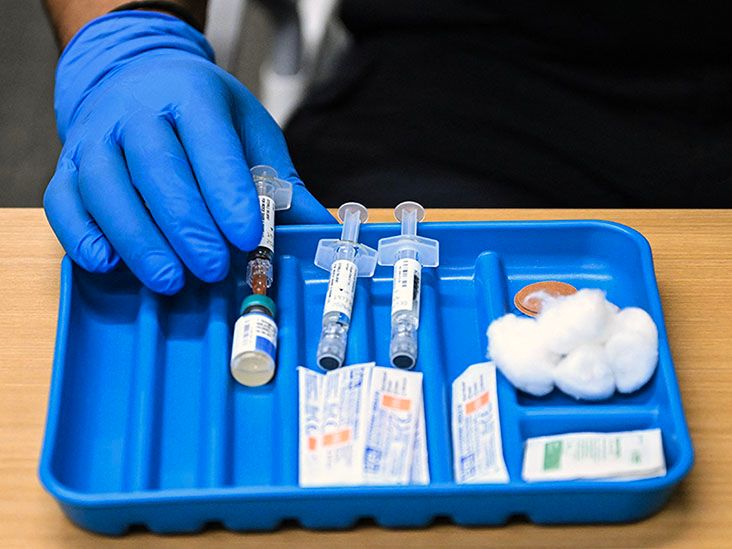Selective serotonin reuptake inhibitors (SSRIs) are the
According to a 2020 review, cognitive behavioral therapy (CBT) is the first-line treatment for mild or moderate cases of OCD in teenagers and children.
A
When treatment only involved medications, escitalopram (Lexapro) — a type of SSRI — was the most effective option. The researchers stated it was significantly more effective than the following medications:
- clomipramine (Anafranil)
- fluvoxamine (Luvox)
- paroxetine (Paxil)
- sertraline (Zoloft)
Teenagers may experience mild side effects from serotonergic medications for OCD, though severe adverse side effects are uncommon. However, 40% to 60% of people may not respond to this type of medication.
According to a 2019 review, adding CBT to a treatment plan may benefit people who do not respond or only partially respond to SSRI medications. However, the same benefits do not apply when adding SSRIs to ongoing CBT treatment.
For teenagers who do not respond to serotonergic medications or CBT, doctors may also consider other types of medication, such as atypical antipsychotics.
Researchers have also analyzed the following medications for children and teenagers with OCD, but studies have found no significant benefits:
- D-cycloserine (Seromycin)
- riluzole (Rilutek)
- N-acetylcysteine
According to the International OCD Foundation, healthcare professionals must work on a case-by-case basis to find the right medication dosage for individual teenagers with OCD. However, many will use the same dose as adults.
Individual teenagers may also respond differently to different medications. Therefore, the most effective medication for one may not be the right choice for another.
Doctors and parents or caregivers can discuss the most suitable medication for a teenager. Those with OCD may also need ongoing check-ups to monitor how they respond to medications.
If they do not respond, a doctor may consider a different medication or treatment type.
Research


